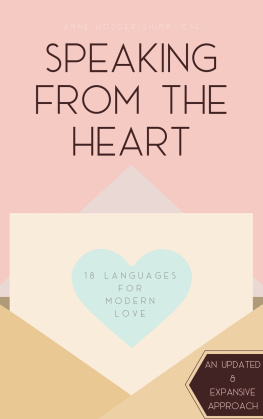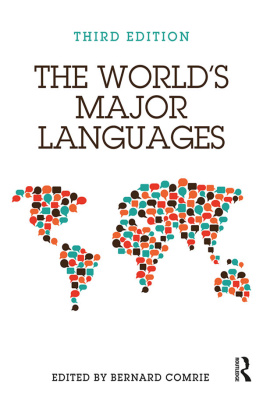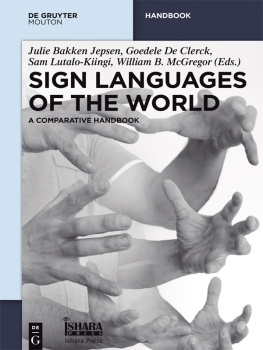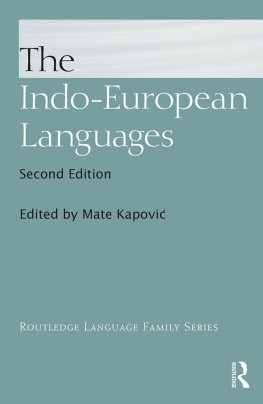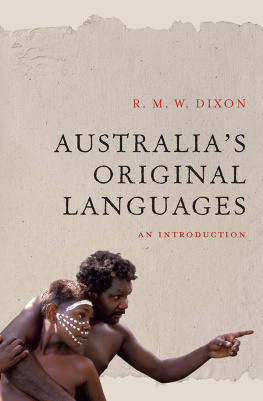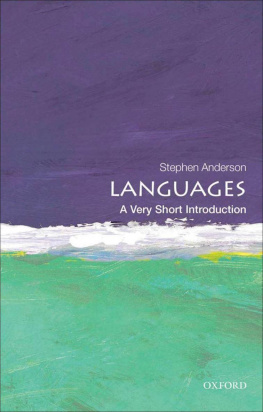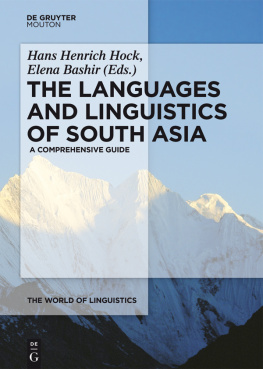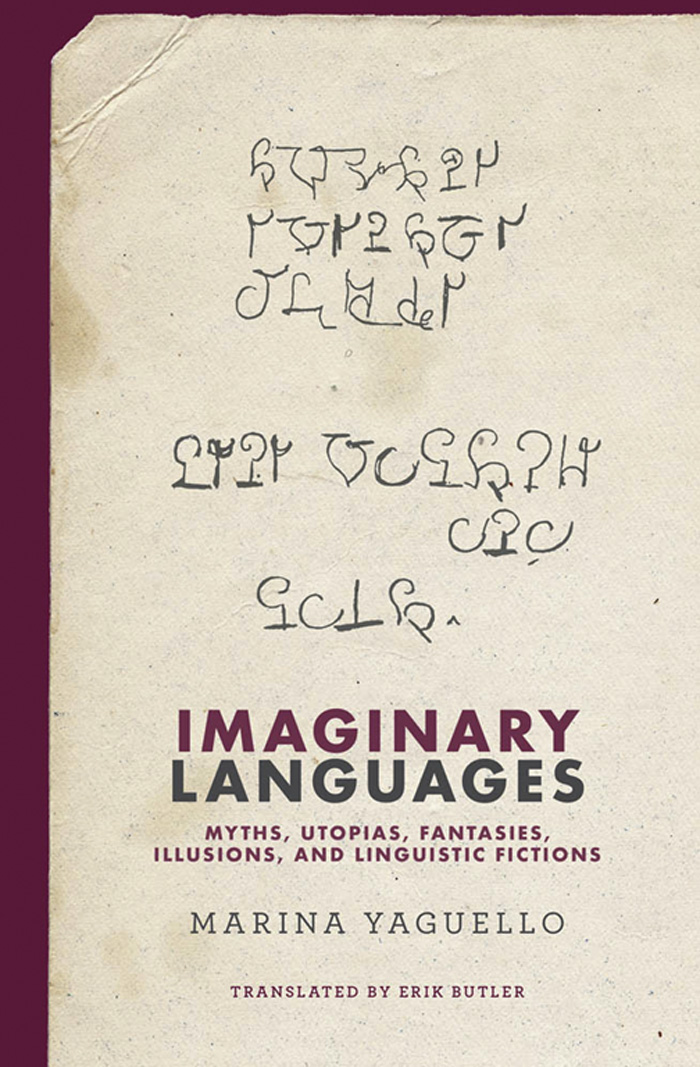Marina Yaguello - Imaginary Languages: Myths, Utopias, Fantasies, Illusions, and Linguistic Fictions
Here you can read online Marina Yaguello - Imaginary Languages: Myths, Utopias, Fantasies, Illusions, and Linguistic Fictions full text of the book (entire story) in english for free. Download pdf and epub, get meaning, cover and reviews about this ebook. City: Cambridge, year: 2022, publisher: The MIT Press, genre: Science. Description of the work, (preface) as well as reviews are available. Best literature library LitArk.com created for fans of good reading and offers a wide selection of genres:
Romance novel
Science fiction
Adventure
Detective
Science
History
Home and family
Prose
Art
Politics
Computer
Non-fiction
Religion
Business
Children
Humor
Choose a favorite category and find really read worthwhile books. Enjoy immersion in the world of imagination, feel the emotions of the characters or learn something new for yourself, make an fascinating discovery.

- Book:Imaginary Languages: Myths, Utopias, Fantasies, Illusions, and Linguistic Fictions
- Author:
- Publisher:The MIT Press
- Genre:
- Year:2022
- City:Cambridge
- Rating:4 / 5
- Favourites:Add to favourites
- Your mark:
Imaginary Languages: Myths, Utopias, Fantasies, Illusions, and Linguistic Fictions: summary, description and annotation
We offer to read an annotation, description, summary or preface (depends on what the author of the book "Imaginary Languages: Myths, Utopias, Fantasies, Illusions, and Linguistic Fictions" wrote himself). If you haven't found the necessary information about the book — write in the comments, we will try to find it.
In Imaginary Languages, Marina Yaguello explores the history and practice of inventing languages, from religious speaking in tongues to politically utopian schemes of universality to the discoveries of modern linguistics. She looks for imagined languages that are autonomous systems, complete unto themselves and meant for communal use; imaginary, and therefore unlike both natural languages and historically attested languages; and products of an individual effort to lay hold of language. Inventors of languages, Yaguello writes, are madly in love: they love an object that belongs to them only to the extent that they also share it with a community.
Yaguello investigates the sources of imaginary languages, in myths, dreams, and utopias. She takes readers on a tour of languages invented in literature from the sixteenth to the twentieth century, including that in Mores Utopia, Leibnizs algebra of thought, and Bulwer-Lyttons linguistic fiction. She examines the linguistic fantasies (or madness) of Georgian linguist Nikolai Marr and Swiss medium Hlne Smith; and considers the quest for the true philosophical language. Yaguello finds two abiding (and somewhat contradictory) forces: the diversity of linguistic experience, which stands opposed to unifying endeavors, and, on the other hand, features shared by all languages (natural or not) and their users, which justifies the universalist hypothesis.
Recent years have seen something of a boom in invented languages, whether artificial languages meant to facilitate international communication or imagined languages constructed as part of science fiction worlds. In Imaginary Languages (an updated and expanded version of the earlier Les Fous du langage, published in English as Lunatic Lovers of Language), Yaguello shows that the invention of language is above all a passionate, dizzying labor of love.
Marina Yaguello: author's other books
Who wrote Imaginary Languages: Myths, Utopias, Fantasies, Illusions, and Linguistic Fictions? Find out the surname, the name of the author of the book and a list of all author's works by series.

